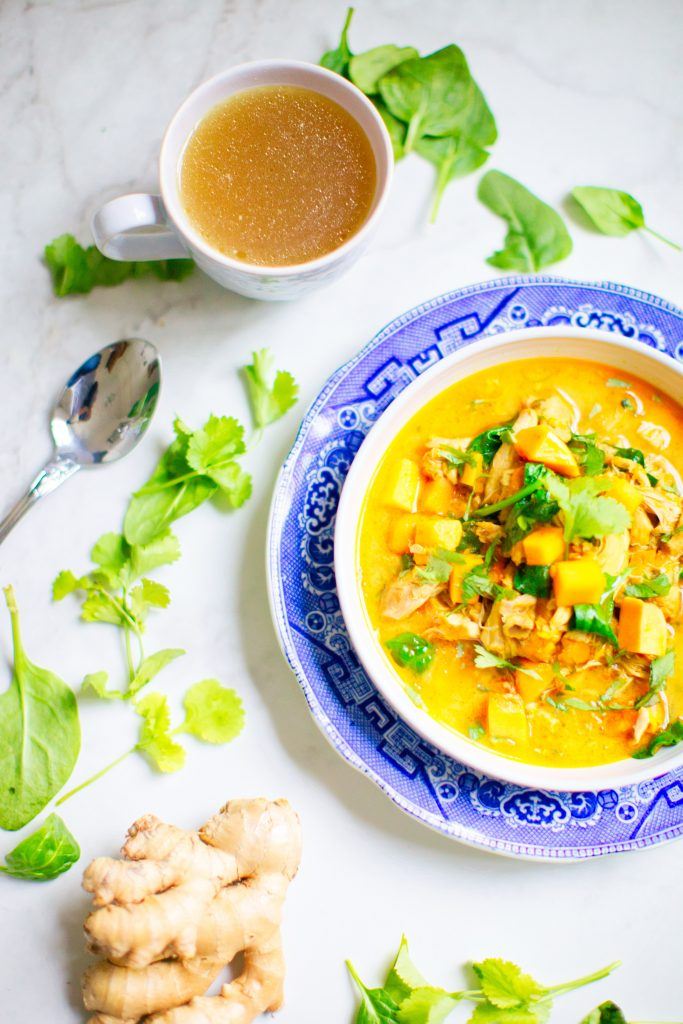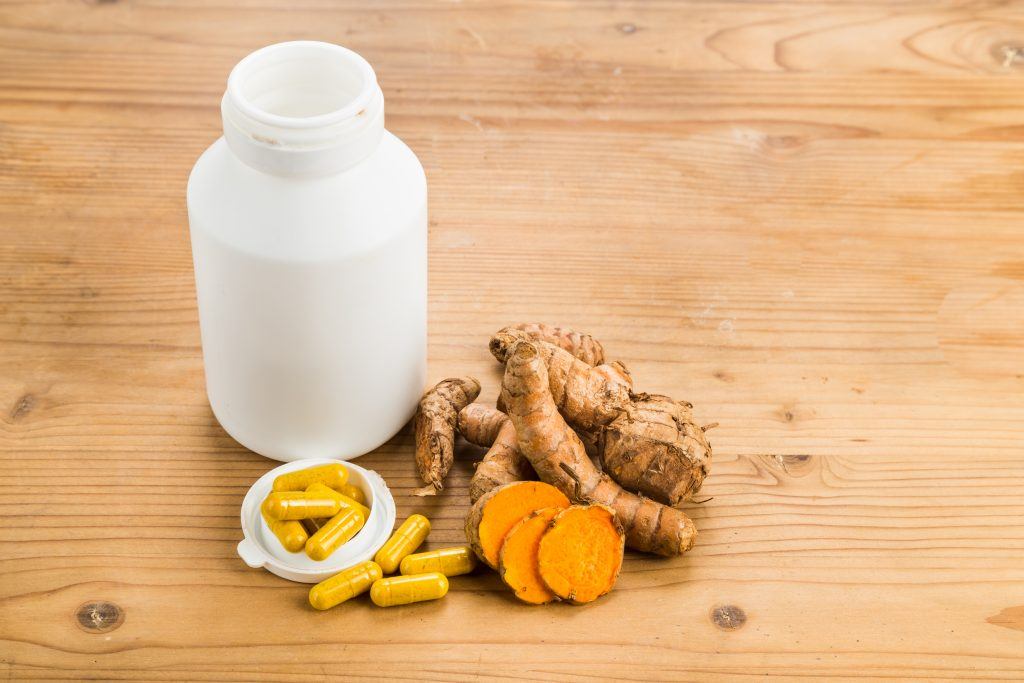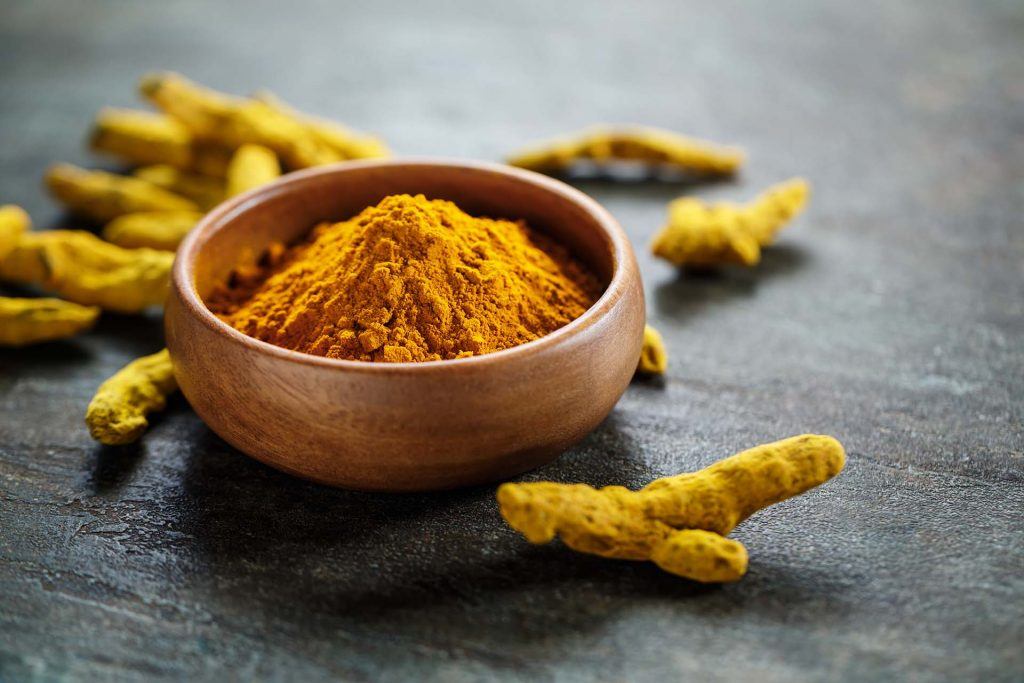Among some of the heaviest hitters in the homeopathic world of plants, turmeric has reigned supreme for its variety of uses that go back over 4,000 years ago to the Vedic culture in India. While its most known use is for spice in cooking, turmeric has powerful effects in the medicinal world as well.
In this article, you will discover where turmeric came from, what are some of its benefits and what are some of the best-known uses for turmeric.
Table of Contents
History of Turmeric
Turmeric is known to be one of the most popular medicinal plant healers, and this is why the health-conscious population has turned to it for flavoring food, pain relief, and anti-inflammatory properties for thousands of years.
The National Center for Biotechnologies Institute (NCBI)has researched the history of turmeric, starting its use over 4,000 years ago in India and making its way to China, eastern Africa by 1200 A.D., and Jamaica by the 18th century.
Of all the innumerable places that widely use turmeric, India is number one in its production. According to the NCBI, eighty percent of turmeric is produced in India. Known as “The Yellow City or Turmeric City,” Erode is a city in southern India that dominates the production, with the smaller city of Sangli coming in at a close second.
Turmeric from these two places is considered the best turmeric in the world.
Turmeric Uses
Food
It may be shorter to create a list of what turmeric is not in! This plant is beautiful, golden and orange-colored spice is magical for chefs and bakers alike, but it is also an available spice to the person in charge of dinner every night.
In its simplest uses, turmeric is on top of white rice after it has been boiled. It is found in cheeses, beer, yogurt, ice cream, tea, cakes, and various main dishes.

Ever wondered where mustard got its yellow color? Hint: It isn’t from the mustard seed!
In Skincare
With some of turmeric’s top properties being anti-inflammatory and antibacterial, many facial cleansers use turmeric rhizomes as an active ingredient for acne control.
These properties also help with oil control for those suffering from oily skin. At Healthline, the researchers noted this beneficial effect was likely because turmeric contains fatty acids and phytosterols, which have been observed in other studies to reduce excess skin oils.
With the antibiotic property, turmeric aids in the healing of acne, cuts, and scrapes. It has also been used for treating scabies, eczema, alopecia, and psoriasis.
Health Benefits of Turmeric
Turmeric is most notably popular for its anti-inflammatory and antibiotic properties. It is also used for boosting immune system function, improving respiratory function as well as for digestive issues.
The National Center for Biological Technology has extensive research regarding all of the benefits (but not limited to) the list below.
This list is comprised of uses from different countries and medicinal practices.
In Ayurvedic practices (the eastern study/practice of long life), turmeric is thought to have many medicinal properties, including:
- strengthening the overall energy of the body
- relieving gas
- dispelling worms
- improving digestion
- regulating menstruation
- dissolving gallstones
- relieving arthritis
- various respiratory conditions (e.g., asthma, bronchial hyperactivity, and allergy),
- liver disorders,
- anorexia,
- rheumatism,
- diabetic wounds,
- runny nose,
- cough,
- sinusitis
Many South Asian countries use it for the following:
- as an antiseptic for cuts, burns, and bruises
- antibacterial agent
- to expel phlegm
- open blood vessels in order to improve blood circulation.
In Pakistan, it is used as:
- an anti-inflammatory agent,
- remedy for gastrointestinal discomfort associated with irritable bowel syndrome and other digestive disorders.
Interesting Uses
Nowadays, we use turmeric here as an herbal medicine for rheumatoid arthritis, chronic anterior uveitis, conjunctivitis, skin cancer, smallpox, chickenpox, wound healing, urinary tract infections, and liver ailments.
Topical Application
According to Healthline, turmeric has what is called a “low bioavailability,” meaning it is burned off by the body’s metabolism very quickly. This is where the dosage with turmeric can be tricky in terms of use on the skin.
When using turmeric topically, it is essential to remember the high concentration of golden pigment the root contains, which can cause temporary staining to the skin. Before using turmeric on the skin, do a small dime-sized test patch in a discreet area to see how your skin reacts, particularly before using on your face.
People with sensitive skin have experienced mild irritation, redness, and swelling, but overall, the reactions with turmeric are minimal.
Anti-aging Benefits
Turmeric has rising popularity in the anti-aging world as well. The American Academy of Dermatology reported in 2010 about “a new moisturizing cream containing turmeric extract, an ingredient found in curry, significantly improves the appearance of facial spots, fine lines, and wrinkles, according to results from two split face studies.”
Turmeric is also an up-and-coming ingredient in things like sunscreen, antibiotic ointments as well as skin cancer prevention.
Healthline had this to report about turmeric and skin cancer prevention:
“In a 1998 study, curcumin, which is a compound found in turmeric, was studied. Findings indicated that curcumin was able to induce apoptosis – or cell death – in basal cell carcinoma. Additionally, the study noted that curcumin acted as a chemopreventative for skin cancer, effectively preventing cancer cells from forming. Another study examined curcumin’s effects on melanoma and found it to stop the spread of cancer cells to surrounding tissue while inciting melanoma cells to die off. And lastly, a 2011study on squamous cell carcinoma found that curcumin inhibited the size and progression of tumor growth.”
Due to turmeric’s brilliant color and potent scent, it has been challenging to integrate this powerful root into routine skincare. Scientists have discovered how to bleach turmeric, but the jury is still out on how the bleaching process impacts the concentration and effectiveness of turmeric.
Best Turmeric Essential Oils

The topical and diffusing options for turmeric oil are going to be largely a personal preference.
To be completely transparent with my readers, I am always honest about what I use personally. Now I can wear or diffuse a heavy rose oil, peppermint, or eucalyptus all day long. For some of my friends, the floral scents are too much, but they can sport oils like oregano and basil for days, and I can’t do it.
For me, the only reason I do not use turmeric essential oils is that I do not care for the smell.
As powerful and healing as I know they are, my nose cannot seem to accept certain smells regardless of the healing properties.
With that said, there are still some fantastic turmeric oils out there for you to try and decide for yourself.
Top Recommendations
The top four recommended brands are Turmeric Essentials by Eden’s Garden, Turmeric Essential Oil by Healing Solutions, Turmeric Essential Oil by Plant Guru, and Turmeric Essential Oil by Artizen.
How to Use Turmeric Essential Oils
DoTERRA has a highly concentrated turmeric essential oil for those wanting to diffuse the oil or create a paste or rub with a carrier oil. This oil’s suggested use is to put a few drops on hands, rub together, and then inhale for feelings of positivity.
You could also use one of the suggested essential oil necklaces if you wanted to keep the oil off your hands.
Additionally, turmeric oil can be used after strenuous activity to ignite healing and recovery. Taking a few drops of turmeric oil and blending it with a ¼ cup of fractionated coconut oil to make an easy-to-apply muscle massage is definitely on my list of must-tries!
As mentioned before, please perform a patch test to make sure you don’t turn a lovely shade of yellow or have a reaction before applying the mixture everywhere.
What is Curcumin?

When I first went to purchase turmeric, I was a little confused by the bottles that said turmeric and turmeric (curcumin). I initially thought the ones that said curcumin had something extra the other brands did not.
I learned that curcumin is a chemical compound found in turmeric that gives the root its brilliant color. In essence, curcumin is always in turmeric, whether the bottle says it or not.
I felt a little silly, but when it comes to taking any kind of supplement, I insist on knowing that I am getting the best types of ingredients.
I started with fish oil for about two weeks and noticed some difference but was still quite uncomfortable attempting my normal daily activities, including the gym.
It was suggested to me by a naturopath to try turmeric. I start my day with one turmeric capsule along with my fish oil and multi-mineral vitamin and generally feel more than functional throughout the day.
I am pretty in tune with my body and what makes it feel better or worse. I know when in my cycle, I start to have higher inflammation when my estrogen levels rise, and I also know that, yes, when it rains, I ache.
For those reasons, I have found it safe to take an additional turmeric supplement or two on the days where my body and tissues need extra support. I can tell the difference on the days I’ve forgotten to take it.
As always, be sure to check with your doctor to talk about what your goals are in taking turmeric oil and possible interactions with any other medication you may be taking.
Can turmeric be used for hair growth?

Tiffany Anderson, a leading natural hair expert and certified trichologist (trichology is the science of the structure, function, and diseases of human hair), says that turmeric can prevent hair loss that comes from certain scalp infections and dandruff.
Many believe that when dandruff occurs, it means that something might be off within the scalp. If the dandruff is not treated, the hair follicles can become blocked, the hair starts to shed and begins to thin. Turmeric-infused shampoo with high antioxidants and anti-inflammatory properties to treat and soothe the scalp, and also promote hair growth.
It is suggested that using turmeric orally and topically can help with male pattern baldness. The results of the research varied but with some degree of increased hair growth.
As with most things, the results are mostly dependent on the individual, their body composition, and chemical make-up will determine how turmeric will react within their system.
Turmeric has little to no side effects to consider, and the mountains of evidence support its beneficial properties to health and wellness.
Turmeric has a reportedly low drug interaction. Possible interactions include blood thinners and blood pressure medications. Always check with your doctor if you are on medications or have allergies.
Overview
In researching turmeric as well as using turmeric daily, it is of the perspective that turmeric is one of those rare, potent, and widely used across the globe for all that it has to offer where the benefits far exceed the side effects.
Taking a more natural route to your health can be challenging but no more challenging than it is to live a life filled with unresolved issues within our bodies.
Turmeric has made such a difference in my life, and I am grateful to have found something that, while may not be as cost-effective as aspirin, has brought me relief with no consequence, and that is priceless in my opinion.
If you decide to try turmeric and have found it to be a supremely crucial support role in your daily living, I would love to hear your story!
Stay golden and spicy on your journey to a healthier you!

